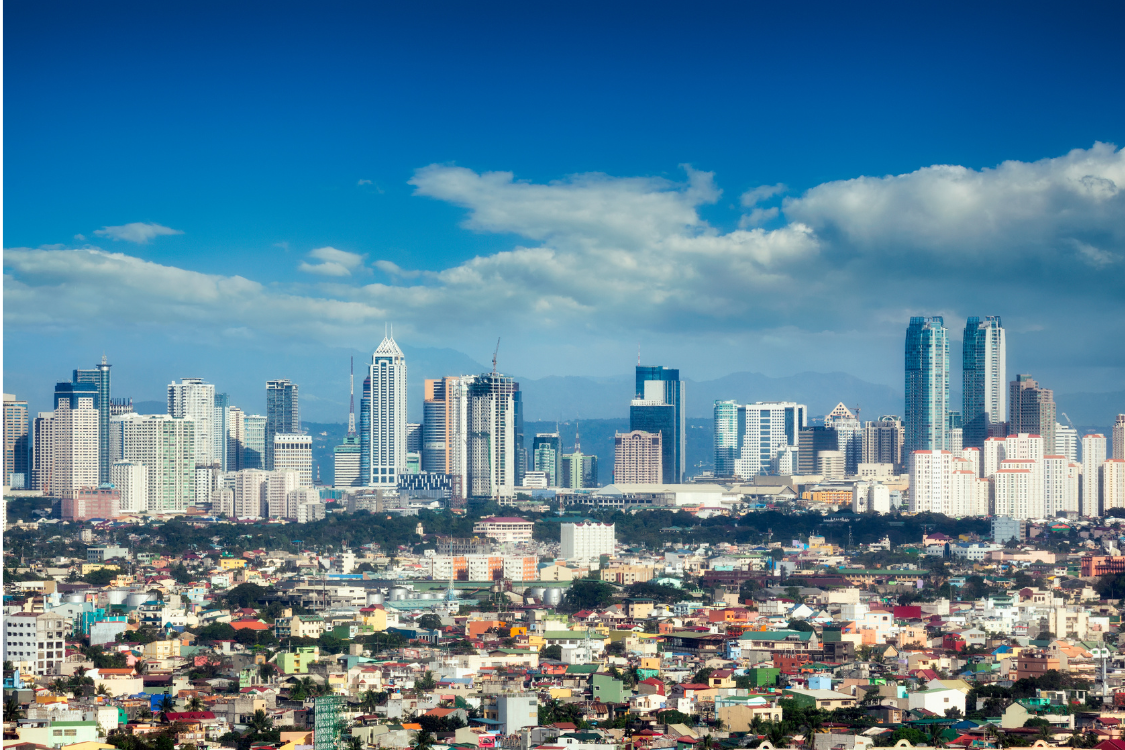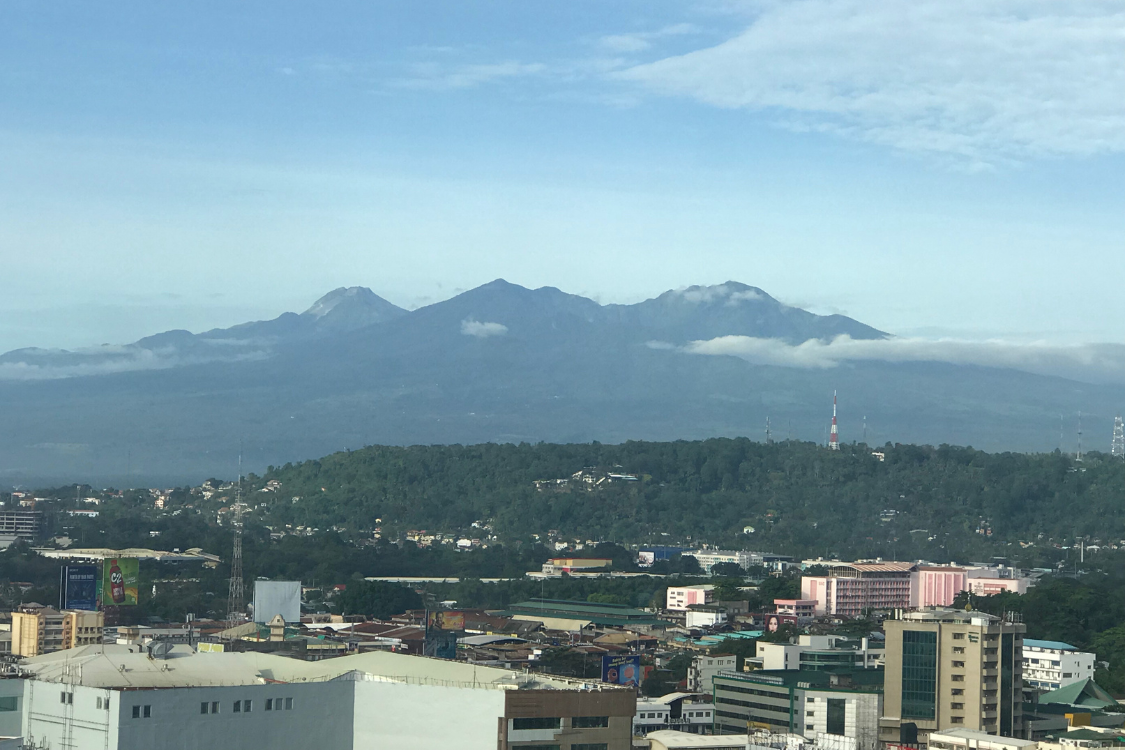Are you looking to hire top-tier Filipino talent but unsure which region to tap into? Each part of the Philippines offers different skills shaped by education, industry, and cost of living. Metro Manila stands out for client-facing roles and leadership positions; Cebu excels in creative services and software development, while Davao and provincial cities offer cost-effective support talent.
Choosing the correct location can affect everything from communication quality to retention. This guide explores Filipino talent specialization by location, helping global companies build remote teams with confidence and clarity.
Why Regional Talent Specialization Matters in the Philippines
Filipino workforce specialization is shaped by a combination of local economies, industry presence, and the education system. Metro Manila is a leading destination for global companies that need skilled workers for project management, financial reporting, and business administration. Cebu stands out in software engineering and creative services, fueled by a growing demand for digital tools and mobile platforms. Davao and provincial hubs support various functions, including admin, customer service, and legal support, offering significant cost savings while maintaining service standards in many cases.
This diversity allows international firms to tap into a highly educated workforce across multiple outsourcing destinations, each tailored to meet the needs of different departments—from tech and finance professionals to virtual assistants and inventory management teams.
What makes Filipino talent regionally diverse?
Local economies, academic strengths, and industry exposure vary widely across the country, giving the Filipino workforce a natural edge in specialized roles. Metro Manila, with its corporate headquarters and global BPO firms, has built a strong track record in client-facing services, leadership roles, and financial operations. Cebu has made significant strides in creative services and IT, becoming a hotspot for digital design, development, and innovation. Davao and nearby cities offer support talent with high language proficiency and cost-effective reliability. This regional mix gives global industries a competitive edge by allowing them to match roles with the best-suited local expertise across a diverse national talent pool.
How local education and industry shape skill distribution
The education system across the Philippines directly feeds into its outsourcing industry. Metro Manila is home to top institutions like De La Salle University, which produces highly skilled professionals trained in business administration, finance, and corporate communication. This pipeline supports many international firms seeking a strong communication style and cultural alignment for client-facing roles.
In Cebu, partnerships between tech companies and training centers focus on preparing software engineers and digital creatives for global trends like mobile app development and content marketing. Davao and other emerging centers invest in offshore staffing programs that deliver comprehensive services, including legal and back-office operations. These regions have made strides in becoming more than just a hub for basic outsourcing—they now support complex workflows across various industries.
These regional differences make the Philippine workforce not only large and English-proficient but also strategically diverse—allowing companies to build high-performing, cost-effective teams that reflect the strengths of each location’s talent pool and company culture.

Metro Manila – The Hub for Client-Facing Roles and Management Talent
Metro Manila is the economic and outsourcing capital of the Philippines. It remains one of the top regions for English fluency, along with cities like Baguio. Many global companies build their core teams here.
Why Manila Excels in Corporate Exposure and Global Client Experience
Professionals in Metro Manila frequently work with international clients through BPOs and multinational firms, giving them a competitive edge in handling high-stakes, client-facing roles. While cities like Baguio and Davao have ranked higher in English proficiency, Manila’s exposure to Western business standards and corporate environments makes it ideal for roles that demand strong communication skills and cultural alignment.
Best roles to hire from Metro Manila (e.g., EA, CSR, team leads)
Executive assistants, customer service representatives, project managers, and virtual team leads thrive in Metro Manila’s corporate setting. The region offers a rich talent pool of experienced professionals who have experience supporting global service operations across various industries.
For companies hiring remote talent, Metro Manila provides a strategic advantage—combining strong communication skills, corporate experience, and the ability to adapt quickly to fast-paced team environments.
Pros and cons of hiring from the capital
Hiring from Metro Manila can elevate your team’s capabilities, especially for roles that demand professionalism and strong communication. However, there are also trade-offs to consider when choosing talent from the capital region.
-
- Pro: Access to highly skilled professionals trained in international business practices who are fluent in English.
-
- Pro: Strong experience with global clients makes candidates well-suited for leadership and client-facing roles.
-
- Con: Higher salary expectations due to the region’s cost of living and competitive job market.
-
- Con: Faster turnover rates as professionals often receive multiple job offers and switch roles more frequently.
-
- Con: More competition for top talent from local and international companies operating in the capital.

Cebu – A Creative and Tech-Savvy Region
Cebu has emerged as a leading destination for outsourcing creative services, digital marketing, and software development. With its strong design culture and fast-growing tech industry, Cebu offers a strategic advantage for companies seeking creative and tech-focused remote talent.
Top roles: designers, developers, content creators
Cebu is known for producing a highly skilled workforce of graphic designers, software developers, and content creators. Many international companies turn to Cebu to outsource front-end development, mobile app design, animation, and marketing content—thanks to the region’s deep experience and talent in delivering creative solutions that meet global standards.
Universities and training centers producing tech talent
Reputable institutions like the University of San Carlos and Cebu Institute of Technology support local tech talent development and engineering. These schools, influenced by Western business practices, partner with tech firms and training centers to ensure students are workforce-ready. This close alignment between education and industry helps maintain a steady flow of highly skilled talent into Cebu’s center operations.
Regional accent and cultural work style
Cebuanos are known for their neutral accent and dependable work ethic that blends creativity with professionalism. Their collaborative communication style and comfort working with global teams make them ideal remote workers. This combination of skills, mindset, and training gives companies a strategic advantage when hiring from Cebu’s rich talent pool.

Davao – Growing Tech and Support Talent at Lower Cost
Davao is becoming a top choice for companies seeking cost-effective yet capable remote workers. Known for its strong support services and emerging tech talent, the city plays a growing role in the evolving Philippine workforce.
Ideal roles: IT support, frontend dev, VA, legal admin
Virtual assistants, junior developers, legal admin staff, and IT support professionals are commonly hired from Davao. The region also produces skilled Filipino professionals in data analytics and back-office operations, making it a smart outsourcing hub for non-client-facing roles.
How Davao balances skill and affordability
Davao’s educated workforce provides high-quality output at a lower cost compared to Metro Manila or Cebu. Many international companies find that remote workers from Davao offer excellent value, contributing to high-performing teams without inflating payroll. These professionals often excel in structured, process-driven tasks and collaborative projects where attention to detail is valued.
What to know about infrastructure and hiring pace
While Davao’s infrastructure is improving steadily—with reliable broadband and mobile networks in most areas—some locations may still require backup solutions. Hiring timelines can be slightly longer due to a smaller pool, but the trade-off is worth it. Filipino professionals from Davao often demonstrate strong loyalty and performance, making them valuable long-term assets for global teams.

Provincial Cities – Underrated Talent Pools Worth Exploring
Smaller cities like Baguio, Bacolod, and Iloilo are often overlooked, but they offer well-educated, loyal workers at competitive rates. These areas are gaining traction as alternative outsourcing hubs.
Where to find skilled yet underpriced candidates
Top universities in these cities produce graduates in finance, healthcare, education, and IT. With fewer employers competing for talent, many professionals stay longer in their roles, making these cities attractive for long-term outsourcing.
Best roles: admin, bookkeeping, general VA, customer service
Roles like customer support, admin, bookkeeping, and general VA work are strong fits for these regions. Many professionals are trained in international accounting standards and quality assurance, which can make them valuable contributors to global teams, depending on the role and business needs.
Trade-offs: slower internet but higher retention
Some cities may still face infrastructure challenges, like slower internet in certain areas. Still, the trade-off often pays off, as employers benefit from higher loyalty, reduced attrition, and a highly motivated workforce.

Comparing Specializations Across Regions
Hiring in the Philippines is about more than cost—it’s about matching the right skills to the right location. Here’s a quick comparison of where to find the best talent by role type.
At-a-glance table: Which region is best for each job type
| Job Type | Best Region | Why It Works |
| Executive Assistant (EA) | Metro Manila | High English proficiency, strong exposure to international clients |
| Customer Service Representative (CSR) | Metro Manila | Seamless communication, cultural alignment with Western business practices |
| Project Manager | Metro Manila | Experienced in corporate environments and cross-border collaboration |
| Graphic Designer | Cebu | Creative hub with a strong design culture and multimedia training |
| Software Developer | Cebu, Davao | Technical expertise and growing IT training programs |
| Content Creator | Cebu | Talent pool trained in digital marketing and multimedia content |
| IT Support | Davao | Cost-effective technical support with solid reliability |
| Legal Admin/Back Office | Davao, Provincial Cities | Skilled in legal transcription and admin work at a lower cost |
| Bookkeeping/Accounting | Iloilo, Bacolod | Showcases deep knowledge of international accounting standards, supported by strong local universities; known for cost-effective finance talent, while Metro Manila excels in senior finance roles |
| General Virtual Assistant | Bacolod, Iloilo | High retention, English proficiency, and training in admin tasks |
| Data Entry / QA | Provincial Cities | Affordable workforce with accuracy and consistency |
This table helps international companies match roles to the regions that best meet their hiring needs.
Cost vs quality tradeoffs by specialization
Metro Manila offers polished, client-ready talent at premium rates. Cebu provides skilled creatives and developers at a mid-range price. Davao and provincial cities are best for affordable, dependable support talent with high retention.
When to combine regions for a hybrid team
Many businesses build hybrid teams by hiring different roles across regions. For example, leadership and client-facing positions in Metro Manila, creative and IT services in Cebu, and administrative support in Bacolod or Iloilo. This strategy spreads costs and maximizes team strengths.
Build Your Offshore Team with Regional Strengths in Mind
Hiring from multiple regions in the Philippines gives your company a clear strategic edge. Metro Manila offers top-tier talent for client-facing and leadership roles; Cebu brings creative and technical strength, while Davao and provincial cities deliver cost-effective, loyal support teams. Each region brings distinct strengths—and by aligning hiring strategy to regional expertise, companies can build agile, cost-efficient teams that scale sustainably across global markets.
Frequently Asked Questions
1. What are the best regions in the Philippines for outsourcing specific job roles?
Metro Manila excels in client-facing and management roles; Cebu is ideal for creative and tech positions, while Davao and provincial cities offer cost-effective support and administrative talent.
2. Why is the Philippines a top destination for outsourcing?
The Philippines offers a large, English-speaking workforce with cultural alignment with Western countries, making it a preferred outsourcing hub.
3. How does regional specialization affect outsourcing decisions in the Philippines?
Regional specialization allows companies to match specific job roles with areas that have the most suitable talent, enhancing efficiency and cost-effectiveness.
4. What are the advantages of hiring virtual assistants from the Philippines?
Filipino virtual assistants are widely recognized for their English proficiency, competitive rates, and strong communication skills.
5. How does the cost of living impact outsourcing in different Philippine regions?
Regions with a lower cost of living, like Davao and provincial cities, often offer more affordable labor costs, benefiting companies seeking budget-friendly outsourcing solutions.
References
-
- Keiser University. (n.d.). International accounting standards – A global perspective. https://www.keiseruniversity.edu/international-accounting-standards-global/
-
- Lim, D. (2025, April 9). The end of BPO as we know it — and the rise of KPO in the Philippines. BusinessWorld Online. https://www.bworldonline.com/opinion/2025/04/09/664711/the-end-of-bpo-as-we-know-it-and-the-rise-of-kpo-in-the-philippines/
-
- Marcelo, E. (2023, December 2). Philippines improves in English proficiency index. The Philippine Star. https://www.philstar.com/headlines/2023/12/02/2315811/philippines-improves-english-proficiency-index
-
- Patumbon, R. G. G. (2025, March 17). Davao City: A city on the move. SunStar Davao. https://www.sunstar.com.ph/davao/davao-city-a-city-on-the-move




